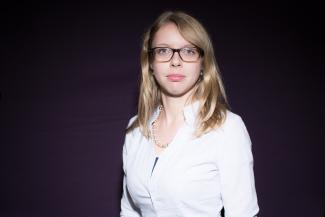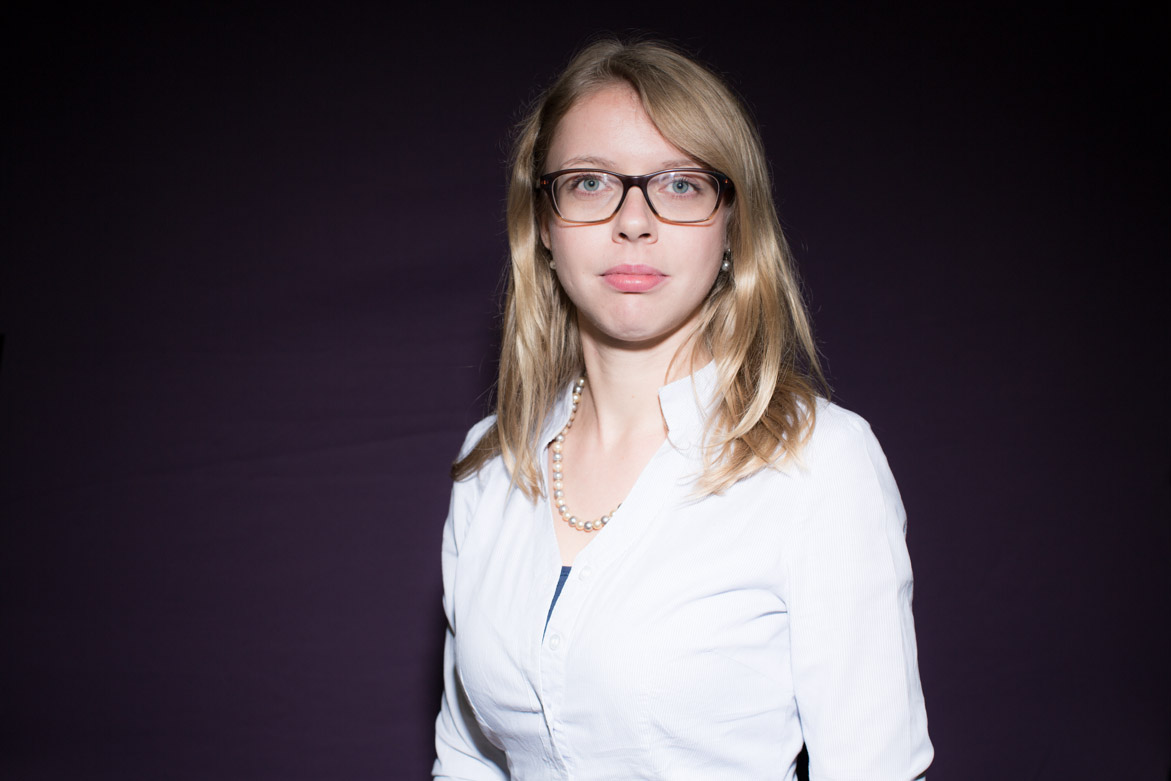Five theses on the "refugee crisis" in Germany

The term "refugee crisis" is not uncontroversial in Germany; it is indeed accused of presenting the refugees as being responsible for the crisis. The events that have occurred since the summer of 2015 should rather be called "crisis of the authorities", given that Germany could have anticipated the massive increase in the number of refugees. The use of the term "refugee crisis" in this article is axiologically neutral and reflects its present common use in politics, the media and specialised literature.
The term "refugee", which does not reflect the heterogeneity of immigrant situations in Germany, is less common in France than in Germany. When used in France, it is to facilitate the understanding of the reader. The definition used here is that of the Geneva Convention: "the term "refugee" will apply to any person who is outside their country of nationality and who is unable or unwilling to avail himself of the protection of that country". There will be a distinction between "tolerated" refugees and persons enjoying subsidiary protection and asylum seekers, in accordance with Article 16a of the German Constitution.
The refugee crisis in Germany was first mentioned in the light of the events in the summer of 2015; at the time, the chroniclers established a direct link between the refugee crisis and the "open door policy". Admittedly, this characterisation is not entirely false, given the prolonged absence of reliable statistics on immigration, which can be explained by, among other things, double registration and the fact that some people have continued their journey to other EU countries without declaring it. Nevertheless, this phenomenon reflects more the shortcomings of the authorities concerning refugee registration than a real political orientation of the government in response to the increase in the number of refugees. Germany has, on the contrary, reacted by progressively toughening its asylum rights, and seems to be permanently closing its doors to many groups of migrants.
Nele Katharina Wissmann worked at the Cerfa from September 2009 to April 2016. Since September 2016, she is a Research associate.
This paper is published in French only: Nele Katharina Wissmann, « Cinq thèses sur la "crise des réfugiés" en Allemagne », Notes du Cerfa, n° 142, Ifri, mai 2018.
Related centers and programs
Discover our other research centers and programsFind out more
Discover all our analysesMerz’ European Policy-making: The End of the ‘German Vote’?
Friedrich Merz’s European ambition is to turn Germany, long seen as hesitant into a leading actor within the European Union (EU). To that end, he has pledged to end the “German vote,” a phenomenon that epitomizes the paradox of a country both indispensable and frequently absent from European decision-making.

Securing critical raw material (CRM) value chains – a prerequisite for Europe’s technological resilience
At the heart of economic security, technological resilience is a backbone of the European Union’s (EU) competitiveness. The EU’s energy and digital transitions depend on critical raw materials (CRM).

Reconciling competitiveness and demographic change: a Franco-German imperative
France and Germany are facing parallel demographic shifts that could reshape the future of their economies and their social models. These shifts reflect broader European patterns but are magnified by the central role both nations play in EU governance and competitiveness.
Taking the Pulse: Does France's Political Crisis Weaken Europe's Geopolitical Hand?
While the EU tries to navigate a myriad international challenges, France is experiencing historic political disarray. What impact will instability in Paris have on Europe's geostrategic capacity?











